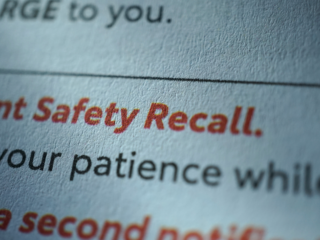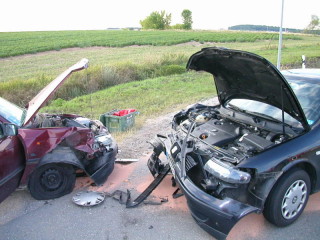In this decision, the Divisional Court overturned the decision of the Licence Appeal Tribunal (LAT) and held that the Court of Appeal for Ontario’s decision in Tomec v. Economical Mutual Insurance Company applies to the discoverability of income replacement benefits (IRBs).
The insurer denied the appellant entitlement to IRBs on May 20, 2016 on the grounds that his disability certificate (OCF-3) stated that he continued to work. In July 2017, the appellant stopped working on account of his accident-related injuries. In January 2019, the appellant applied for IRBs. In June 2020, the insurer informed the appellant that his claim was barred by the expiry of the limitation period on May 20, 2018, relying on the explanation of benefits, dated May 20, 2016. On February 23, 2021, the appellant applied to the LAT, subsequent to which the adjudicator held that the denial letter of May 20, 2016 was clear and unequivocal. The appellant’s request for reconsideration was denied by the LAT.
The appellant argued that the adjudicator erred by ignoring the discoverability doctrine and failing to follow the Court’s decision in Tomec. The appellant noted that he had gone back to work one day after the accident and did not know that he could not work until he withdrew in July 2017. He argued that the limitation period could not have commenced before he became eligible for IRBs.
Speaking for the Divisional Court, Justice Ramsay held at paragraph 16:
There was no other discussion of Tomec. The appellant submits that the adjudicator erred in law in failing to follow Tomec, which addressed a like situation. In Tomec, the Court of Appeal held that a limitation period, without discoverability, created an absurd result because it effectively barred the appellant in that case from claiming benefits before the appellant was eligible for those benefits. The Court of Appeal underscored the purpose of the Statutory Accident Benefits Schedule (SABS), to maximize benefits for victims of motor vehicle accidents, and concluded that the limitation period was subject to discoverability.
Justice Ramsay further stated at paragraph 18:
The appellant did not qualify for income replacement in May 2016 and did not apply for it. I cannot distinguish this case from Tomec. The appellant was not required to apply for income replacement benefits before he was eligible for them. The adjudicator erred in law by failing to apply the doctrine of discoverability.
This decision may prove to be very important for insureds who return to work, have income replacement benefits denied on account of the ineligibility created by that return (even if based solely on post-accident income earned) and then subsequently withdraw from work. Insurers denying the income replacement benefit after the material change in circumstances are discovered ought to treat the claim for the benefit as one that stands alone from a prior claim when the insured was working. In fact, at that time, a cause of action cannot be claimed to have arisen.














